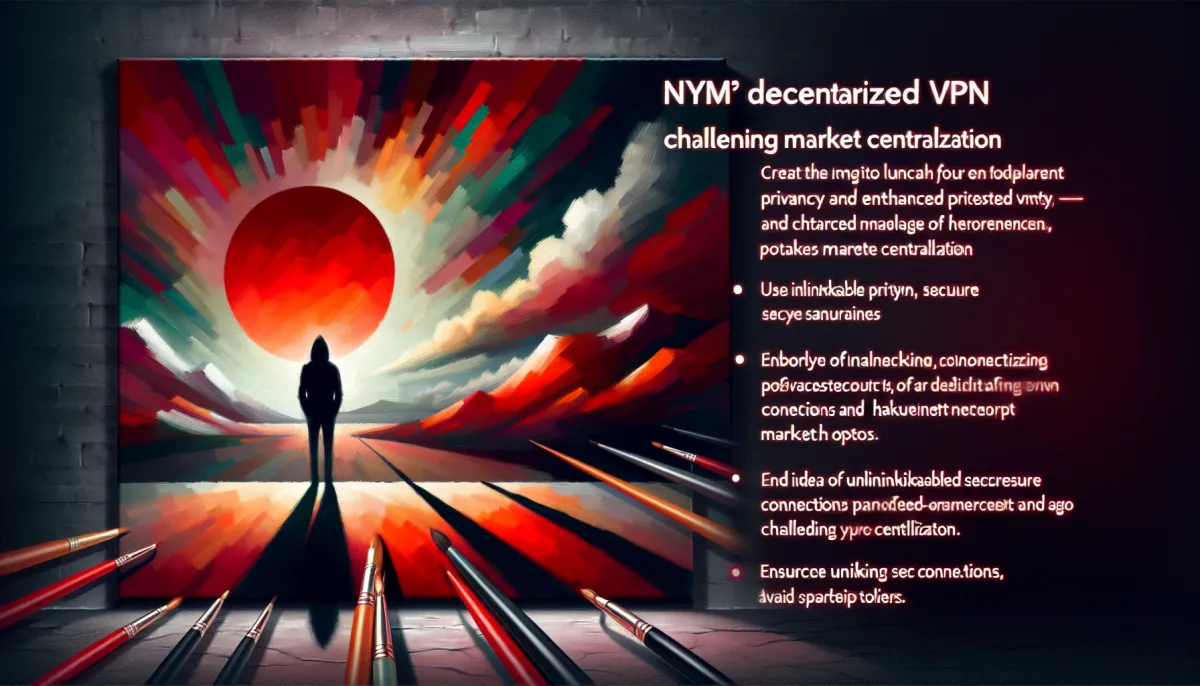Nym Introduces Decentralized VPN to Enhance Privacy and Challenge Market Centralization

The current generation of virtual private networks, or VPNs, has some serious challenges. Harry Halpin, the CEO of Nym, pointed this out clearly. He said many VPN providers ask you to trust them when they claim, “We won’t log or copy your data.” But the truth is, users have to rely on these companies. Independent audits? They can be faked or just not trustworthy.
Halpin explained that a few big VPN companies control most of the market. This centralization raises privacy concerns. “You’re not really making your connection private,” he noted. “You’re just trusting another company with all your network data.”
Nym is trying to tackle this issue with its decentralized VPN, known as dVPN. It’s designed to be resistant to government surveillance. Halpin shared his experience working with the French government after the Snowden leaks. They wanted to create a VPN that even the NSA couldn’t crack. This idea eventually turned into a startup, which Halpin humorously called “the world’s most private and slowest VPN.”
Unlike traditional VPNs that route traffic through one computer, NymVPN encrypts each data packet separately. It sends these packets through a diverse network of computers. This means each packet gets mixed with others, scrambling the order in which they travel.
On top of that, NymVPN adds fake traffic to the mix. It operates on a fully decentralized model. “There’s no single server or company controlling the VPN,” Halpin explained. “Any payments are unlinkable.” While this technology boosts privacy, it can slow down performance.
To appeal to a wider audience, NymVPN offers two security options. There’s a high-security, slower “5-hop” option and a faster, less secure “2-hop” option for those who just want to stream videos. Halpin said the slower mode is for people in high-security situations, like Nym security consultant Chelsea Manning, who is known for leaking classified documents.
Manning said she had a similar idea while in prison. She teamed up with Halpin and economist Claudia Diaz to create a reward system for Nym. Their goal? To develop the most secure consumer-level privacy tool ever.
NymVPN is currently in public testing and offers a free 30-day trial. Halpin and Manning are planning the next steps for the network. They want to establish a standard for hardware acceleration, which could lead to integrating advanced technologies.
Halpin emphasized the goal of balancing privacy and speed. “Right now, we have to choose between the two,” he said. “But we want everyone to be anonymous and totally private by default, with the same speed as a normal VPN.”
When asked if the NSA had contacted them, Manning replied, “I’m not aware of that. I’m sure they’re interested.”
